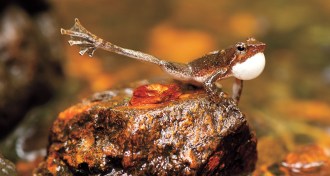All Stories
-
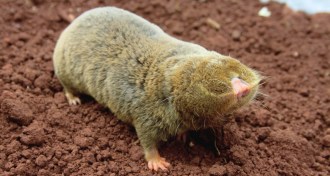 Genetics
GeneticsBlind mole-rats are loaded with anticancer genes
Genes of the long-lived blind mole-rat help explain how the animal evades cancer and why it lost vision.
-
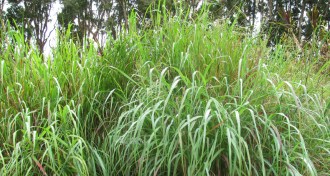 Chemistry
ChemistryBacteria take plants to biofuel in one step
Engineered bacterium singlehandedly dismantles tough switchgrass molecules, making sugars that it ferments to make ethanol.
By Beth Mole -
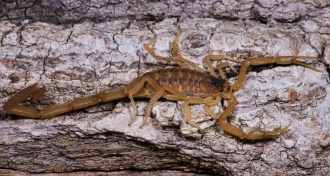 Animals
AnimalsBeware the pregnant scorpion
Female striped bark scorpions are pregnant most of the time. That makes them fat, slow and really mean.
-
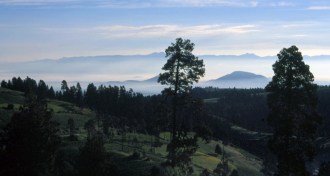 Microbes
MicrobesIrish potato famine microbe traced to Mexico
The pathogen that triggered the Irish potato famine in the 1840s originated in central Mexico, not the Andes, as some studies had suggested.
-
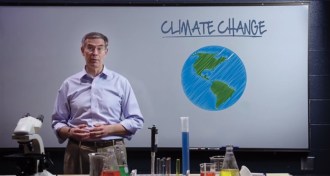 Science & Society
Science & SocietyOutgoing congressman Rush Holt calls scientists to action
The New Jersey physicist has decided not to run for re-election but is a proponent of scientists in office.
By Sam Lemonick -
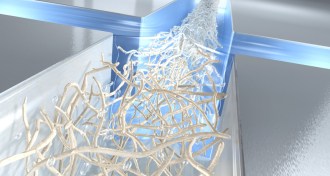 Materials Science
Materials ScienceJets of salty water make cellulose strands stronger
When blasted by jets of water, nanoscale fibers of cellulose align to form ultra-tough strands that rival the strength of steel, a new study shows.
-
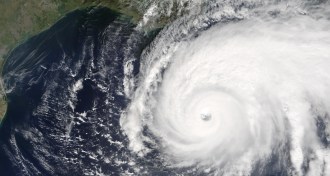 Psychology
PsychologyStereotypes might make ‘female’ hurricanes deadlier
Precautions may get shelved by those in the path of severe storms with feminine names, leading some to suggest that storms should be named after animals.
By Bruce Bower -
 Quantum Physics
Quantum PhysicsMaybe classical clockwork can explain quantum weirdness
Nobel laureate Gerard ’t Hooft proposes that a classical cause-and-effect reality underlies the probabilistic strangeness of quantum physics.
-
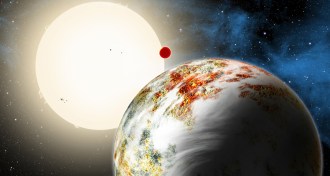 Astronomy
AstronomyKepler space telescope finds first ‘mega-Earth’
'Mega-Earth' has been added to the distinctions that describe exoplanets thanks to a newly announced Kepler space telescope discovery.
-
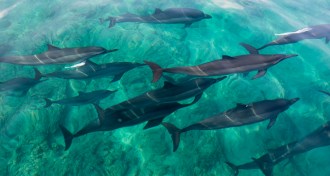 Oceans
OceansDusk heralds a feeding frenzy in the waters off Oahu
Even dolphins benefit when layers of organisms in the water column overlap for a short period.
-
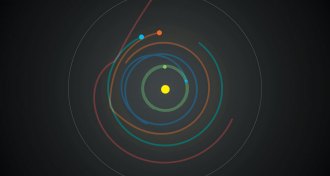 Planetary Science
Planetary ScienceDo-it-yourself solar system
If you've always wanted to build your own solar system, roll up your sleeves — SuperPlanetCrash is an online solar system simulator, set up as a game.
-
